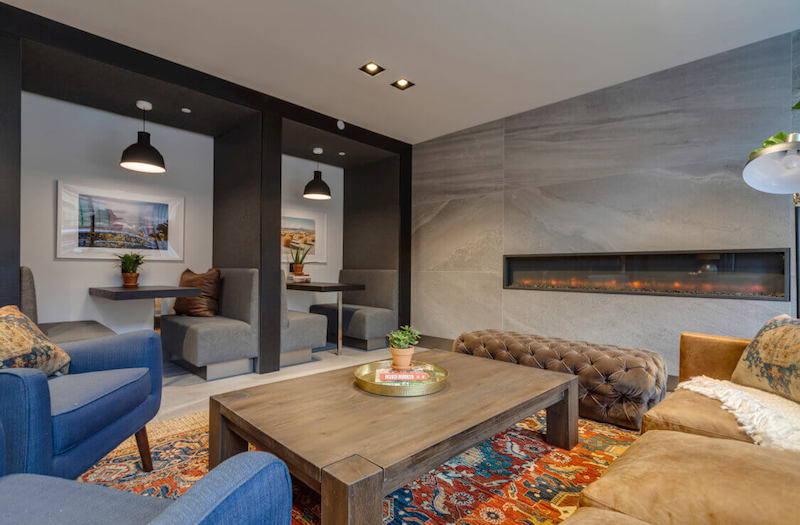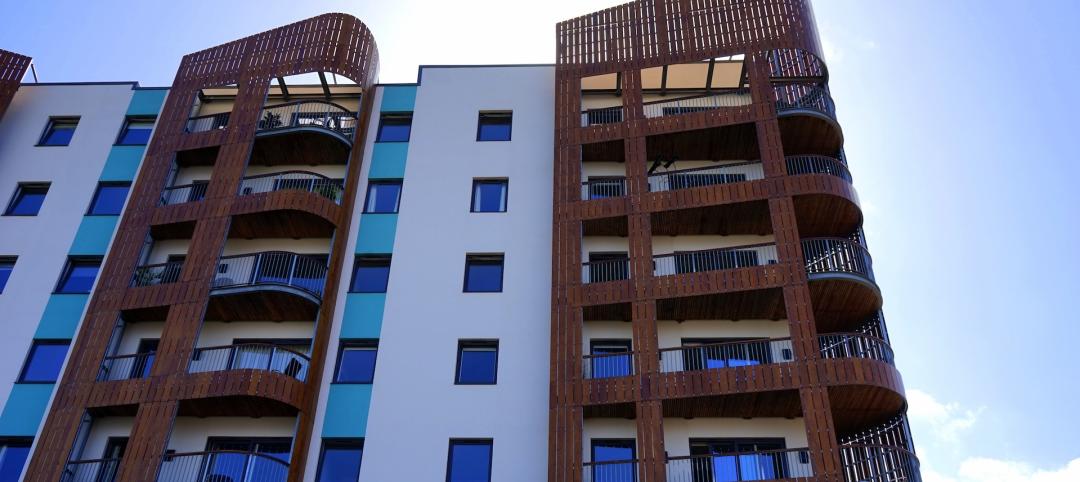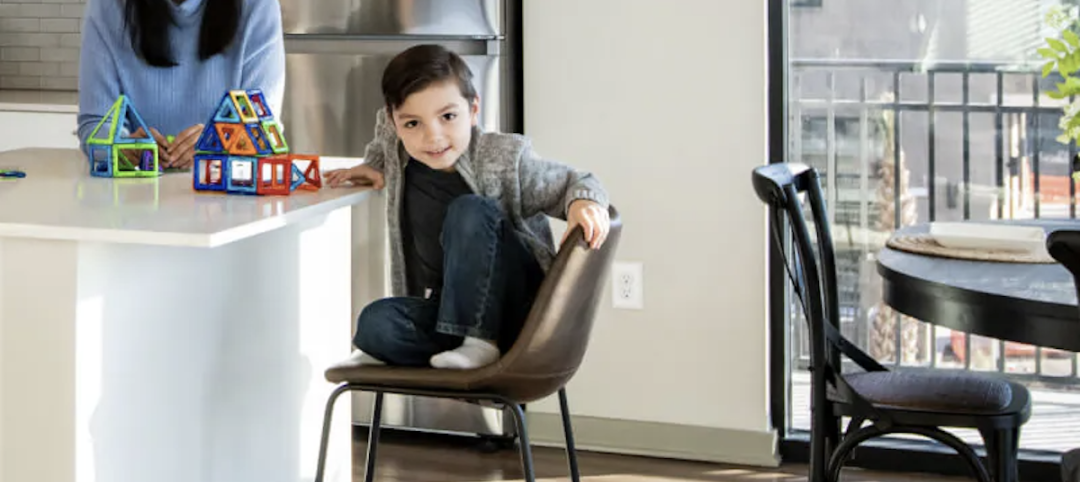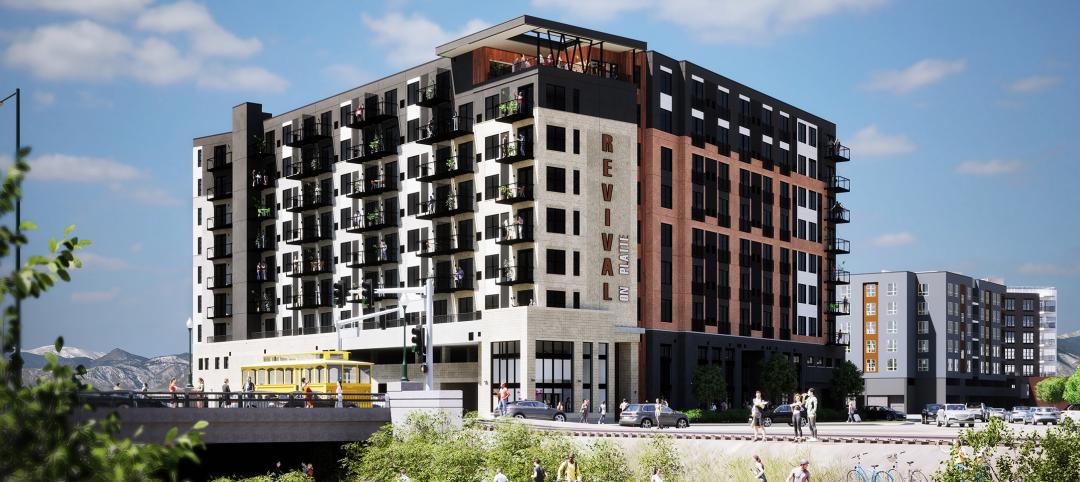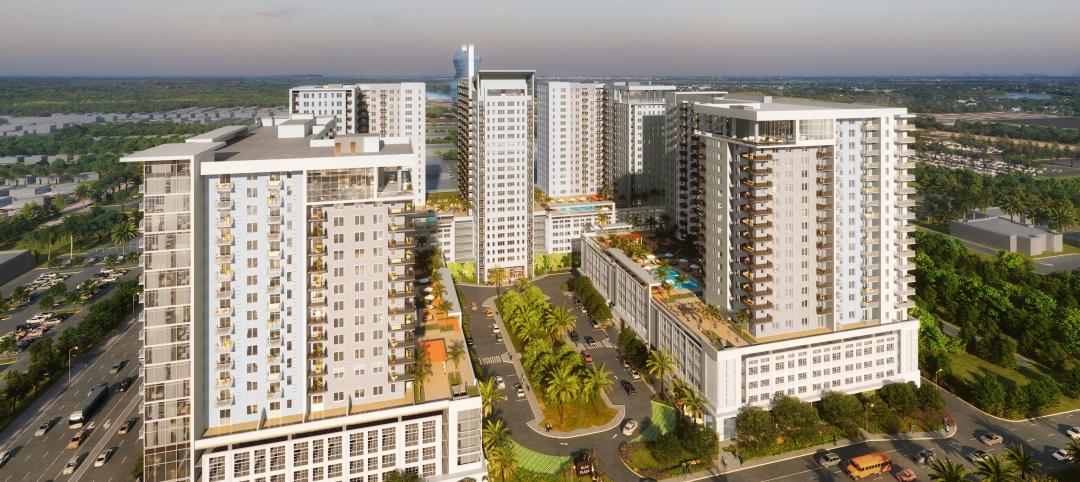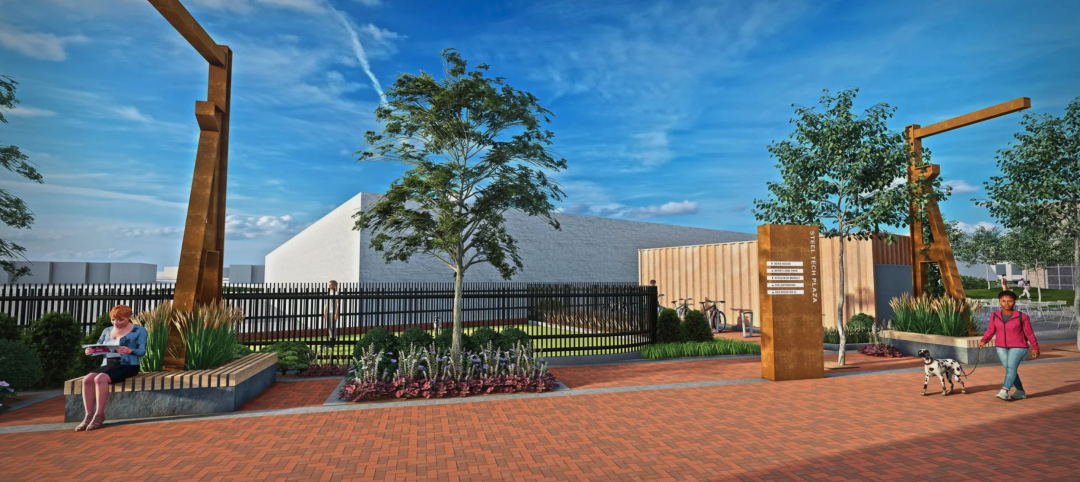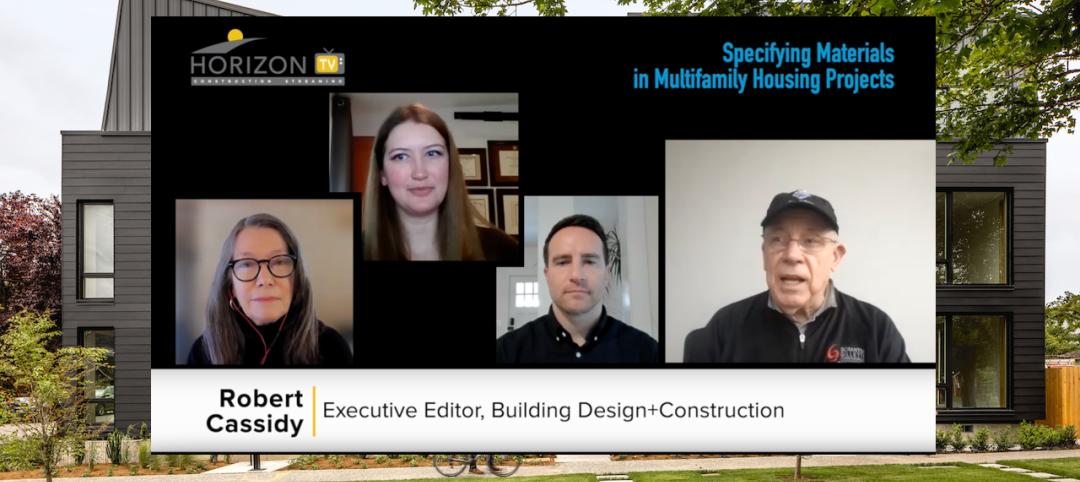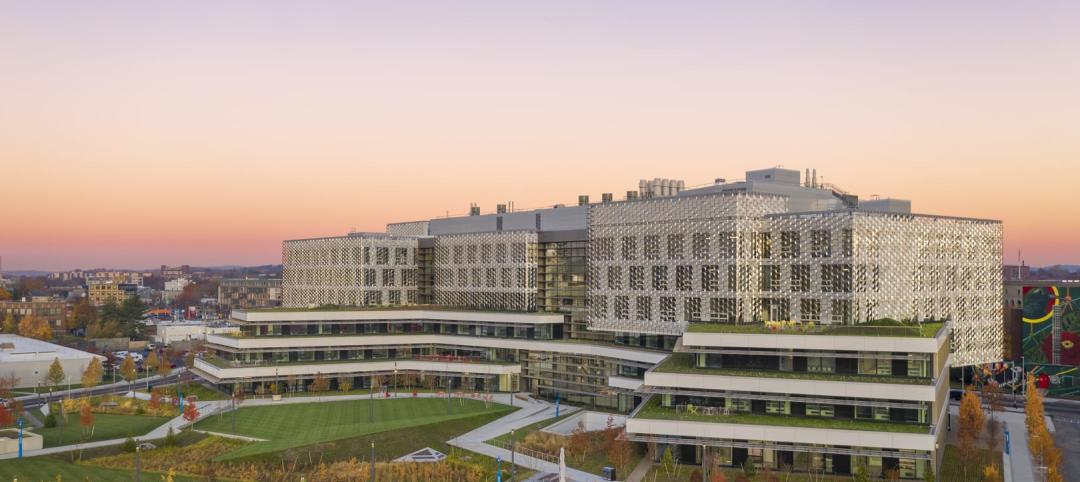The latest coliving phenomenon has spawned its share of startup businesses, all looking to cash in on the demand among younger workers for relatively inexpensive living quarters in urban job centers where affordable housing is scarce-to-nonexistent.
The New York Times recently ran an article titled “The Elusive $1,500 rental,” in which the newspaper noted that the median rent for a Manhattan apartment was $3,475, and that more than half of all New Yorkers spend more than one-third of their incomes on rent.
The solution, for many urban workers, is to find roommates to share the rent burden. And given the market’s supply-and-demand dynamics, it’s not surprising that investors have been diverting their attentions to coliving ventures that answer that call with rentals that require limited lease commitments, and are more like hotels with “all-inclusive” amenities such as furnishings, in-room Wi-Fi, toiletries, linens and towels, and laundry and room-cleaning services.
Coliving companies operate under dwell-like monikers such as The Nook, Node, Roam Co-Living (which caters to global workers), Krash, and Pure House. In May, Bisnow.com reported that Ollie, a co-living company with two locations, had announced the biggest coliving project in North America: a development (with Simon Baron Development and Quadrum Global) in Long Island City, N.Y., that will have 426 beds on 14 floors. It’s scheduled to open next January.
Ollie is currently preleasing 166 coliving beds in an apartment building that will open in Pittsburgh this fall. The company continues to seek institutional financing for growth in markets like Los Angeles and Jersey City, N.J.
Another potential heavy hitter could be WeLive, a coliving venture that WeWork, the fast-growing shared workplace developer, launched in 2016. So far, the company is renting apartments in two buildings, in New York City and Arlington, Va. But expansion plans are on hold so WeLive can “refine” its product, according to James Woods, who leads the WeLive division.
Then there’s New York-based Common, which since launching in the fall of 2015 has raised at least $23.4 million from investors who include some real estate developers. Common currently rents more than 300 bedrooms in nine apartments buildings in New York, San Francisco, and Washington, D.C. (In D.C., a neighborhood association is trying to block Common and developer Oaktree from opening Richardson Place, a 24-unit coliving facility, which the group argues is a commercial property that would be operating in a residential-zoned area).
Earlier this year, Common opened The Baltic in the Boerum Hill section of Brooklyn, N.Y. It was Common’s first hybrid building: 29 apartments with 70 beds for coliving, and 67 studios and one-bedrooms for individual renters.
Sophie Wilkinson, Common’s head of design and construction, notes that Common is different from several of its competitors in that most of its properties have been ground-up construction, including The Baltic, whose developer Adam America owns the building.
Common is also attempting to foment more of a communal living environment. In a recent commentary on Quartz’s website that otherwise disparaged coliving’s responsibility-free ethic, Annaliese Griffin, editor-in-chief of BrookynBased.com, positively singled out Common’s business model that “actively works to maintain long-term tenants and build a strong community within each house.”
Brad Hargreaves, Common's founder, is on record stating his preference for buildings with only around 15 tenants so it’s easier for renters to get to know one another. Common no longer offers one-month leases, and gives tenants discounts on 12-month leases. Each “house” has a “leader” who also gets a discounted lease rate for serving in that role.
Common has been working with developers to design spaces specifically for roommate situations.
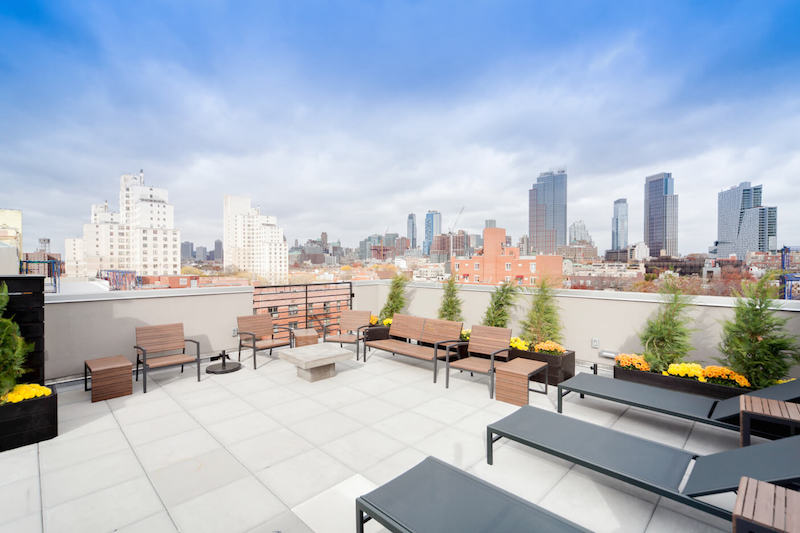
A roofdeck lounge is one of the amenities available to coliving renters at The Baltic, one of nine properties operated by Common, a shared-housing provider that is looking to double its bed count this year. Image: Common
Common’s coliving monthly rents in New York start at $1,340 to $2,500 per bedroom, depending on the location; in San Francisco from $2,450 to $2,600; and in Washington D.C., at $1,700. A renter becomes a Common “member” by leasing space. Membership includes free utilities, and access to washers and dryers, household supplies, roof deck spaces, gyms, and weekly room-cleaning. Wilkinson says that, typically, bedrooms are between 100 and 200 sf each, and the apartments are around 900 sf. At The Baltic, there are two to three renters per apartment, although other Common buildings have as many as five coliving renters per apartment.
Wilkinson says designs for coliving apartments focus on communal amenities and spaces, as well as “comfort and privacy on a human scale.” The rooms have lots of natural light. And the designs, she says, take into account “the mechanics of coliving,” in terms of kitchens, storage, and counter spaces.
Common has received more than 15,000 applications for its portfolio of bedrooms, and is looking to do more hybrid projects, Wilkinson says, partly because there are more opportunities to attract developers for them.
Wilkinson was reticent about revealing Common’s expansion plans, noting only a recent announcement about its plan to expand into New Orleans. But earlier this month, the Commercial Observer, based on interviews with Common’s principals, reported that the company intends to more than double to 650 bedrooms by the end of this year, and expand to 2,000 bedrooms by the end of 2018.
Wilkinson did note, however, that she doesn’t think coliving will be confined to urban markets. “I absolutely see us in smaller markets. And what’s been interesting has been that renters are looking for a community aspect.”
Related Stories
Multifamily Housing | May 8, 2023
The average multifamily rent was $1,709 in April 2023, up for the second straight month
Despite economic headwinds, the multifamily housing market continues to demonstrate resilience, according to a new Yardi Matrix report.
Multifamily Housing | May 1, 2023
Survey of apartment residents shows support for property-provided smart home devices for security, energy savings
Multifamily housing residents receive broadband services faster if they are provided by the property management rather than acquiring such service on their own.
Multifamily Housing | May 1, 2023
A prefab multifamily housing project will deliver 200 new apartments near downtown Denver
In Denver, Mortenson, a Colorado-based builder, developer, and engineering services provider, along with joint venture partner Pinnacle Partners, has broken ground on Revival on Platte, a multifamily housing project. The 234,156-sf development will feature 200 studio, one-bedroom, and two-bedroom apartments on eight floors, with two levels of parking.
Codes and Standards | May 1, 2023
Hurricane Ian aftermath expected to prompt building code reform in Florida
Hurricane Ian struck the Southwest Florida coastline last fall with winds exceeding 150 mph, flooding cities, and devastating structures across the state. A construction risk management expert believes the projected economic damage, as high as $75 billion, will prompt the state to beef up building codes and reform land use rules.
| Apr 28, 2023
$1 billion mixed-use multifamily development will add 1,200 units to South Florida market
A giant $1 billion residential project, The District in Davie, will bring 1.6 million sf of new Class A residential apartments to the hot South Florida market. Located near Ft. Lauderdale and greater Miami, the development will include 36,000 sf of restaurants and retail space. The development will also provide 1.1 million sf of access controlled onsite parking with 2,650 parking spaces.
Mixed-Use | Apr 27, 2023
New Jersey turns a brownfield site into Steel Tech, a 3.3-acre mixed-use development
In Jersey City, N.J., a 3.3-acre redevelopment project called Steel Tech will turn a brownfield site into a mixed-use residential high-rise building, a community center, two public plazas, and a business incubator facility. Steel Tech received site plan approval in recent weeks.
Multifamily Housing | Apr 27, 2023
Watch: Specifying materials in multifamily housing projects
A trio of multifamily housing experts discusses trends in materials in their latest developments. Topics include the need to balance aesthetics and durability, the advantages of textured materials, and the benefits of biophilia.
Concrete Technology | Apr 24, 2023
A housing complex outside Paris is touted as the world’s first fully recycled concrete building
Outside Paris, Holcim, a Swiss-based provider of innovative and sustainable building solutions, and Seqens, a social housing provider in France, are partnering to build Recygénie—a 220-unit housing complex, including 70 social housing units. Holcim is calling the project the world’s first fully recycled concrete building.
Multifamily Housing | Apr 21, 2023
Arlington County, Va., eliminates single-family-only zoning
Arlington County, a Washington, D.C., community that took shape in the 1950s, when single-family homes were the rule in suburbia, recently became one of the first locations on the East Coast to eliminate single-family-only zoning.
Green | Apr 21, 2023
Top 10 green building projects for 2023
The Harvard University Science and Engineering Complex in Boston and the Westwood Hills Nature Center in St. Louis are among the AIA COTE Top Ten Awards honorees for 2023.


